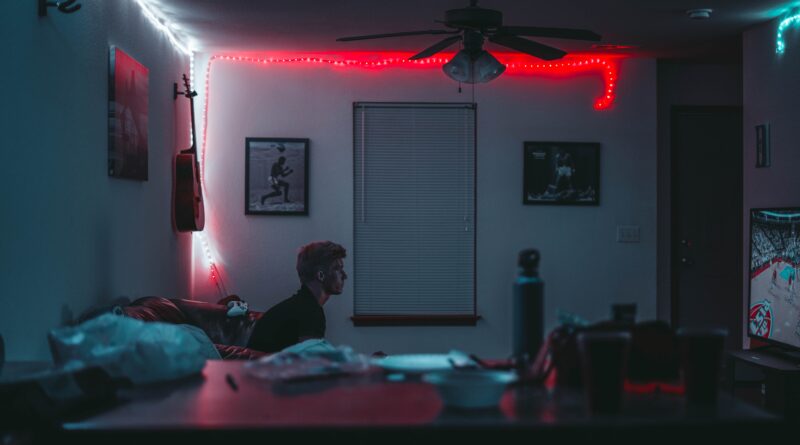Hikikomori (引きこもり – Social Withdrawal)
Hikikomori
引きこもり
People who withdraw into their homes or rooms and rarely go outside are called hikikomori (引きこもり) in Japanese.
自宅や自室に閉じこもり、そこからほとんど出ない人のことを「引きこもり」と言います。
The term hikikomori is derived from hiki (引き – meaning “withdrawal”) and komori (こもり – meaning “seclusion”).
「引きこもり」は “withdrawal” を意味する「引き」と、”seclusion” を意味する「こもり」から成る言葉です。
Japan has a large number of hikikomori, and according to a 2023 survey by the Cabinet Office, it is estimated that about 1.46 million people aged 15-64 (approximately 2% of the population) are in a state of a long-term hikikomori.
日本は引きこもりが多い国であり、2023年の内閣府の調査によると、15~64歳の国民の約2%に当たる約146万人が、長期的な引きこもり状態にあると推計されています。
I am often in a state of a short-term hikikomori on my days off.
私は休みの日、よく引きこもり状態になります。
Lately, even in a video game (The Legend of Zelda: Tears of the Kingdom), I have been withdrawing into the underground and avoiding coming out. In a way, I am a hikikomori in a double sense.
最近はゲーム(ゼルダの伝説 ティアーズ オブ ザ キングダム)の中でも地底から外に出ようとせず、二重の意味で引きこもっています。




